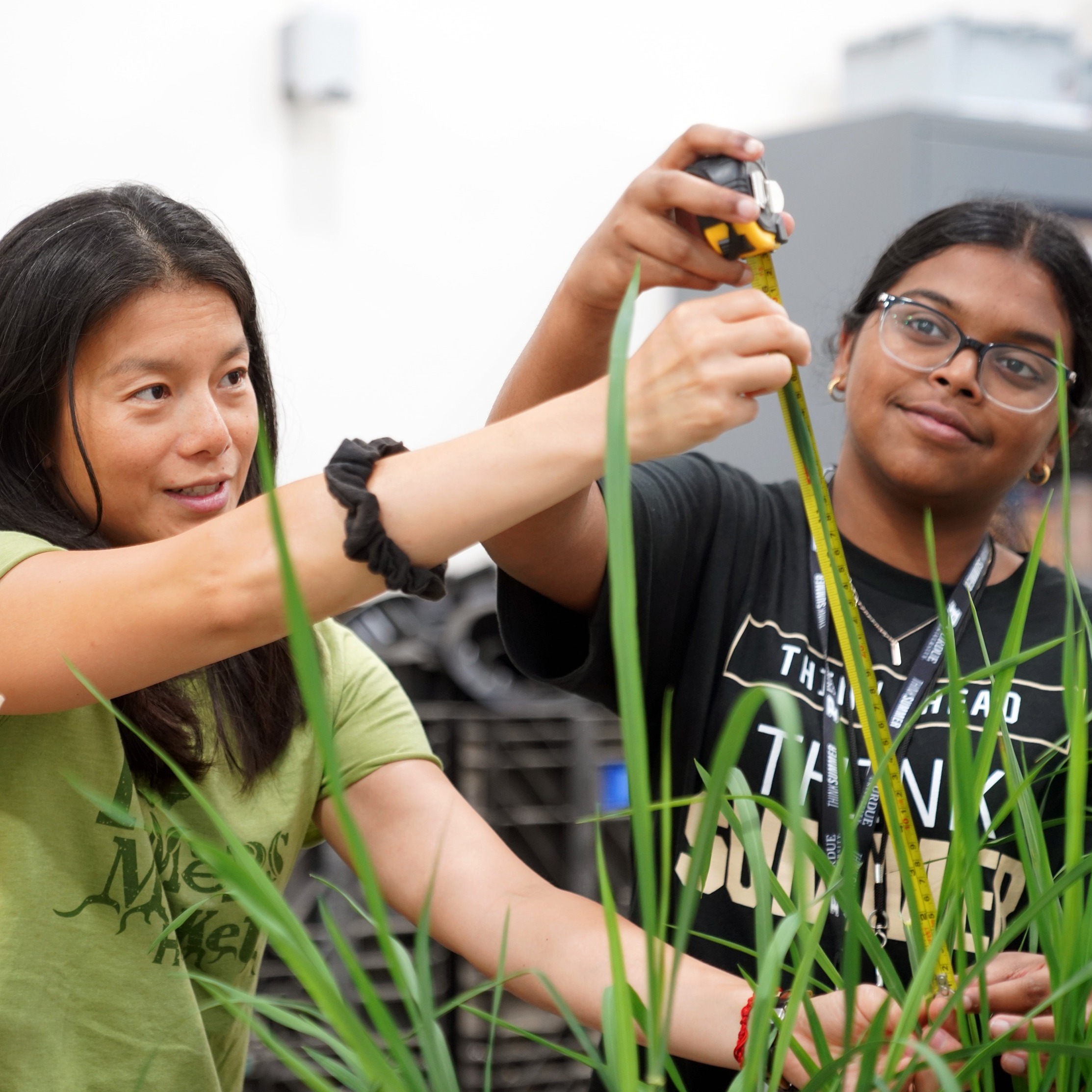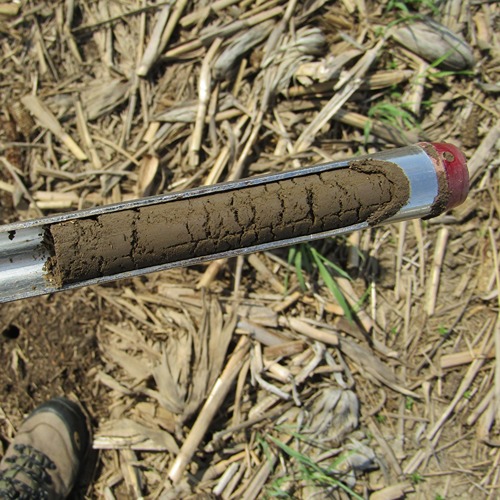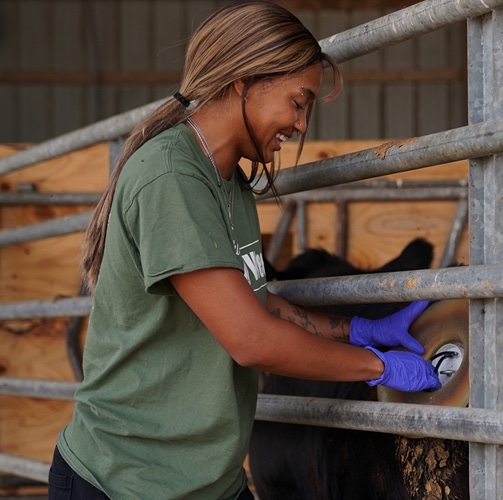We’ve all seen the headlines. Clear canals in Venice. Feral boars reclaiming southern European towns. Deering making use of a crosswalk in Japan. Smog filled cities suddenly clear, emancipated from chronic pollution. And anecdotal accounts are everywhere that the global slowdown due to COVID-19 is giving nature and the environment a chance to heal--to a point. There have been some positive, short-term environmental impacts of lockdowns and social distancing measures around the world, said Jeff Dukes, director of the Purdue Climate Research Center and professor of Forestry and Natural Resources (FNR). On the whole, however, the effects are a drop in the bucket compared to the measures that must be undertaken to slow the effects of climate change.
“We have seen air quality changes, dramatic decreases in pollution, from Delhi to Los Angeles,” Dukes said. “That’s certainly an inspirational improvement. Unfortunately, I think the real, long-term environmental benefits are pretty minor.”
"Any place on the planet where we make noise animals have to adjust, but now they are returning back to their normal life.”
What Dukes suggests instead is that COVID-19 and the global response could prompt significant societal, economic and political impacts that could influence the environment more permanently.
“One thing to come out of this is that we do have large swaths of vulnerable populations that need to be better protected against threats, some of them posed by climate change,” Dukes added. “The way people are rallying now to protect those populations could translate into climate change advocacy. If this brings additional protections and makes our cities more resilient because of our awareness of threatened populations, that’s a longer-term positive to come out of this.”
Economically, there are different scenarios Dukes mapped that COVID-19 could cause, which also would have a lasting environmental impact.
Due to an acute drop-off in transportation, oil prices have plummeted, threatening domestic oil companies and natural gas companies, which are often one and the same.
While this could lead to a short term spike in fossil fuel use, with low prices incentivizing travel and increased usage rates, long-term the prices will likely go back up, spelling trouble for individuals, industries and the economy.
“Some of these companies may go bankrupt or be consolidated, which would eventually lead to gas prices going back up,” Dukes said.
In the short term, lower prices could lead to a faster rebound in fossil fuel use, as low prices incentivize travel and increase energy use.
Dukes observed that an ideal outcome of this would be a societal shift towards renewable energy sources, like solar and wind energy systems with battery storage. Renewable energy has recently become cheaper than fossil fuels, but there is a lack of awareness of this development. Political inertia also plays a role in slowing the transition. “You have these established, big industries around fossil fuels, and the lobbies that advocate for the status quo,” Dukes said. “Renewables are still the little guy. They don’t have the campaign war chest fossil fuels do.”
One short-term benefit from the slowdown people might be able to witness, Dukes added, is the increased activity of wildlife as certain populations return to more natural patterns. As human life takes a drastic departure from normalcy, the natural world returns to it.
Bryan Pijanowski, professor of landscape and soundscape ecology in FNR, monitors soundscapes, urban and rural, around the globe. He said it is very likely COVID-19 is having a profound impact on the habits and chatter of wildlife populations.
Listen!
Pijanowski said nature can provide comfort in uncertain times like these. The Center for Global Soundscape library is accessible to all.
Nature might provide us all with a break from all the stress of the COVID-19 crisis. Listening to birds and the sounds of water relaxes us and reduces hypertension. As a gift to readers, Pijanowski offers people confined to their homes the relaxing sounds of the tropical rainforest at night.
The sounds of the La Selva rainforest in Ecuador from the Center for Global Soundscapes.
“Animals have to adjust their behaviors because of urban noise and they adjust in several different ways,” he explained. “Birds, for example, might sing at night instead of during the day because it’s quieter or adjust their pitch to rise about the sound of the city or even sing for longer. Any place on the planet where we make noise animals have to adjust, but now they are returning back to their normal life.”
This could also mean a more productive mating season, Dukes suggested, which would translate into an uptick in wildlife populations.
Pijanowski said the data collected during the COVID-19 crisis will be unique. And he is impatient to see the results. After the attacks of 9/11, Pijanowski said, there was a reduction in traffic and noise pollution but it was too short lived to draw any conclusions about soundscapes and wildlife activity. Now, he has several months of data, from which significant conclusions can be drawn.
“We humans are very noisy critters,” he added. “We envelop the entire planet with noise. Even the oceans are extremely noisy. It will be very interesting, when this is over, to figure out what this period of enhanced quiet has done to the behavior of animals.”





